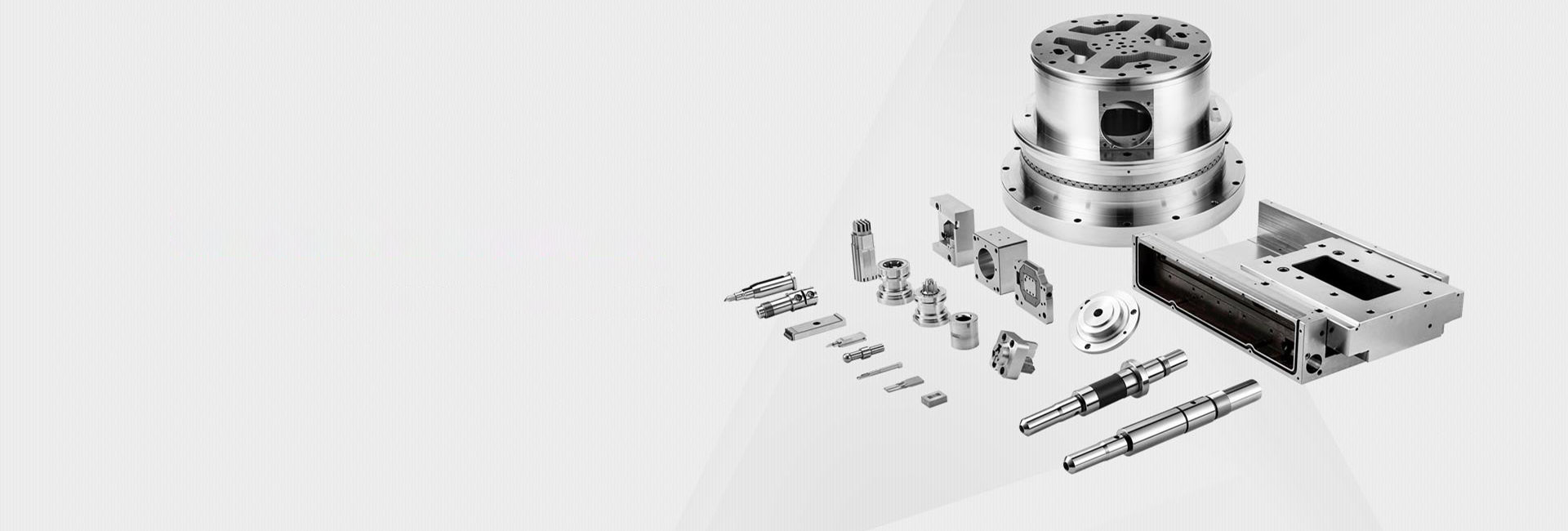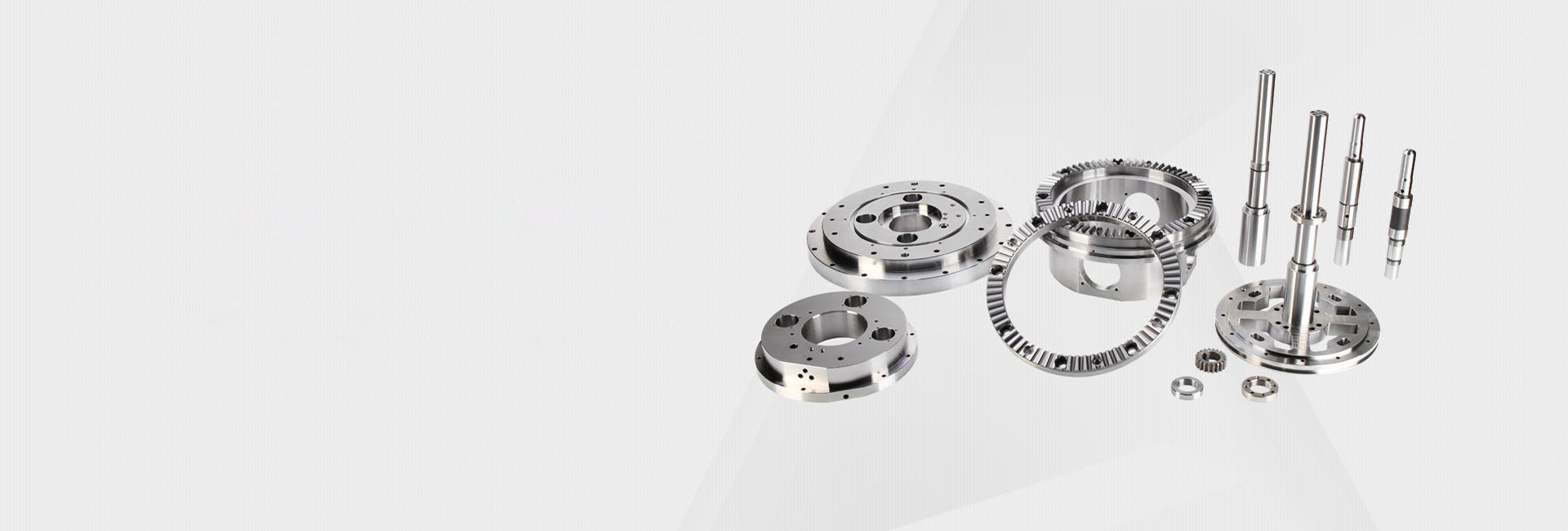Your Ultimate Guide to Custom Steel CNC Machining Services: Quality, Process & Selection
Feeling overwhelmed trying to find a reliable partner for your custom steel parts? You're not alone. Many engineers and purchasers struggle to find a service that balances quality, cost, and on-time delivery. This guide cuts through the noise and gives you the straight talk on what to look for in a top-tier steel CNC machining service. Let's dive in! 🤔
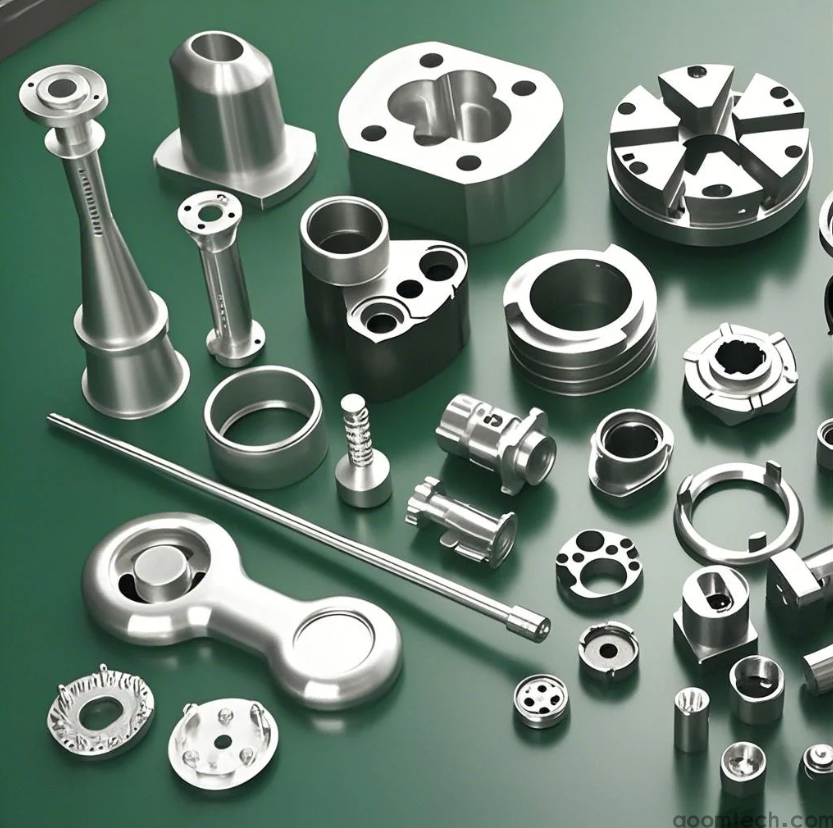
What Exactly Are Custom Steel CNC Machining Services?
Think of it as a high-precision manufacturing partnership. You provide the design, and the service provider uses computer-controlled machines to cut, mill, and turn raw steel into the exact part you need. It's not just about running a machine; it's about providing a full service from material selection to final inspection, ensuring you get functional, durable components for your projects. It's the go-to method when you need strong, complex parts that off-the-shelf solutions can't provide.
Why Choose Steel for Your CNC Machining Project?
Steel isn't just one thing – it's a whole family of materials. But generally, here's why it's a superstar:
✅ Incredible Strength & Durability: Steel parts can take a beating and keep on working. They're built to last under stress, which is crucial for machinery and tools.
✅ Fantastic Wear Resistance: Steel holds up well against friction and wear over time, meaning your parts won't degrade quickly.
✅ Good Value for Money: While not the cheapest material, its longevity and performance often make it the most cost-effective choice in the long run.
⚠️ But, a quick heads-up: I'm not a metallurgist, so the specific science behind why some steel alloys are harder than others is a bit of a blind spot for me. That's where trusting your supplier's expertise becomes key.
The Step-by-Step Journey of a Custom Steel Part
Wondering how your digital file becomes a physical part? Here's the typical journey:
1. Design & Quote: You send your 3D model or drawings. A good service will review it for manufacturability and provide a transparent quote.
2. Material Prep: The right grade of steel is selected and secured in the CNC machine.
3. Precision Machining: The CNC machine, following the digital instructions, meticulously carves away material. This is where the magic happens! ✨
4. Deburring & Finishing: Sharp edges are smoothed out. The part might be polished, coated, or heat-treated based on your requirements.
5. Final Quality Check: This is the most critical step. The part is measured and inspected to ensure it matches your design perfectly before it's shipped to you.
How to Pick the Right Steel CNC Machining Partner?
This is where many projects succeed or fail. Don't just pick the cheapest option.
Look for Proven Experience: Do they have a portfolio of similar steel parts? Experience often translates to fewer errors and better problem-solving.
Check Their Quality Control Process: Ask them, "How do you check parts for accuracy?" A vague answer is a red flag. They should talk about measuring tools and inspection protocols.
Communication is Everything: You want a partner, not just an order-taker. Are they responsive? Do they ask clarifying questions? Good communication perhaps indicates a more reliable and attentive service. Though, to be perfectly honest, even the best communicators can have an off day, so it's a combination of factors.
Evaluate Their Technical Support: Can they offer advice on design tweaks that might save you time or money without compromising function?
A Final Thought on Getting the Best Value
In custom machining, the lowest price can sometimes lead to the highest hidden costs—like delays or failed parts. The real value lies in a service that delivers consistent quality, clear communication, and reliability. Building a relationship with a capable machine shop is an investment that pays back on every single project you send their way.
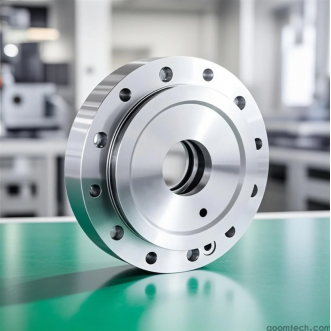 How to Find Reliable CNC Machi
How to Find Reliable CNC Machi
 How to Find Reliable CNC Machi
How to Find Reliable CNC Machi
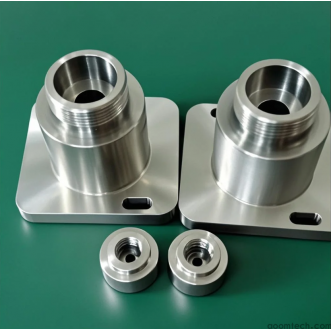 How Much Does Small Batch CNC
How Much Does Small Batch CNC
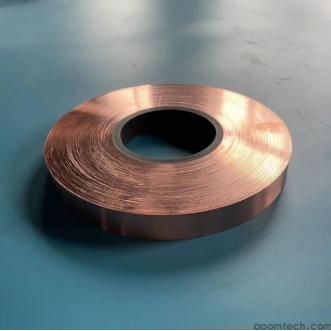 How to Prevent Deformation in
How to Prevent Deformation in

